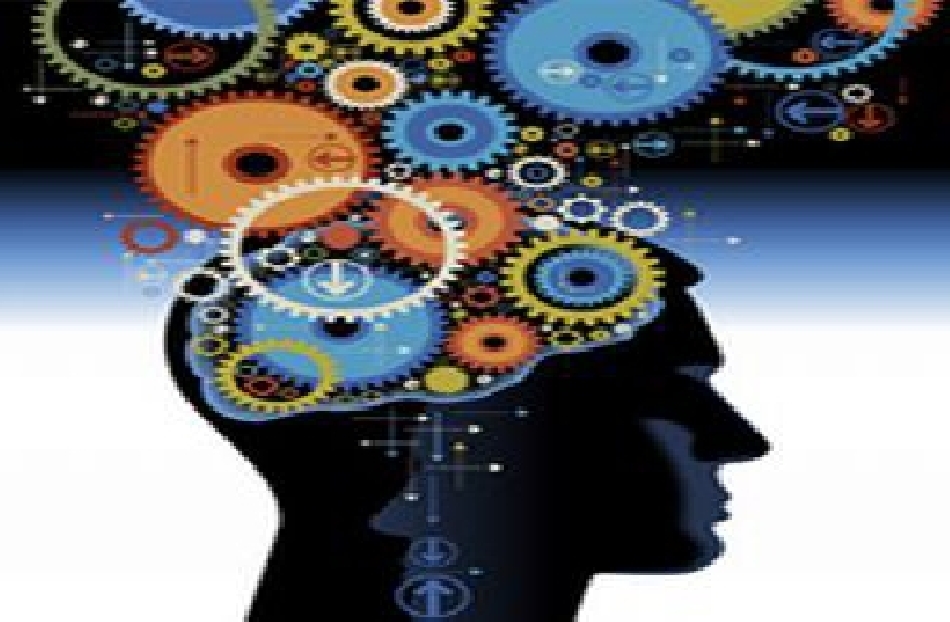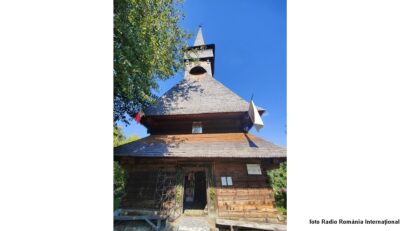The European Month of the Brain
May 2013 has been declared “European Month of the Brain, a full month packed with events and activities across the EU.

Ana-Maria Cononovici, 05.06.2013, 13:30
In the European Union, the cost of treating brain-related disorders has already reached 1.5 million Euros every minute. That is why the month of May 2013 has been declared “European Month of the Brain”, a full month packed with events and activities.
At the start of this initiative entitled “The European Month of the Brain,” the European Commission allotted some 150 million Euros for 20 new international projects for brain research and advances in neuroscience. This has raised the total investments made in brain research in the EU to over 1.9 billion Euros since 2007.
The 20 projects that have been put on the list of EU resource allocation should provide new information to help decipher how the brain works and bring innovation in key domains such as traumatic brain injuries, mental disorders, pain, epilepsy and behavioural problems in children.
Although these projects can not be mentioned in detail before non-reimbursable financial agreements are signed, they should start this summer, with the declared aim of stimulating innovation and solutions to daily problems. Why did decision makers come to the conclusion that larger investments should be made in this domain? Neurologist Iustin Ionescu has further details on the growing number of people affected by brain disorders.
Iustin Ionescu: “The most common diseases affecting the central nervous system, especially brain disorders, include vascular diseases, which are on the rise in most countries. One of the best-known vascular diseases is the cerebrovascular accident (CVA), or the stroke. Other diseases with a high rate of incidence are the degenerative ones, or Alzheimer-type of diseases. The growing number of such diseases is caused by many risk factors, which fall into four major categories, which are actually dubbed ‘the four knights of the Apocalypse’: diabetes, arterial hypertension (or high blood pressure), cholesterol and smoking. Another factor which leads to an increasing number of cases is life expectancy, which is higher, and brain-related disorders emerge as a direct consequence of an aging brain cell and vascular bed.”
Research shows that approximately 165 million Europeans are susceptible of suffering from a brain-related disorder during their lifetime. Consequently, finding better ways to prevent and treat brain-related disorders has become an urgent issue.
As far as research is concerned, Romania is in line with international breakthroughs, but the situation caused by a high incidence of brain-related disorders is far from being solved.
Neurologist Iustin Ionescu has further details: “What should be done: first of all prevention measures should be taken, through medical education, raising people’s awareness of the risk factors, and regular routine investigations. All this needs the state’s intervention and support, both from an administrative and, most importantly, from a financial point of view. Medical care is expensive: equipment is extremely expensive, and in more developed countries some 10-12% of the GDP is used for healthcare, whereas in Romania only 4% of the GDP goes to this sector. As regards brain-related issues, a joint effort should be made by both the population, which should be aware of these risk factors, and the state, which should give people the possibility to have medical checks, and thus prevent the occurrence of many diseases. Because if an accident happens, for instance a CVA, that is stroke, the state will spend more on those patients, who will be left with disabilities, because of that general lack of involvement.”
Healthcare is the subject of one of the eight recommendations made to Romania in 2013. The European Commission notices major imbalances in the Romanian healthcare system, particularly because of an inefficient use of resources and flawed management.
The European Commission recommends that Romania should make additional efforts to improve cost efficiency in the system, by reducing excessive hospitalisation and by improving ambulatory treatment services.
At the start of this initiative entitled “The European Month of the Brain,” the European Commission allotted some 150 million Euros for 20 new international projects for brain research and advances in neuroscience. This has raised the total investments made in brain research in the EU to over 1.9 billion Euros since 2007.
The 20 projects that have been put on the list of EU resource allocation should provide new information to help decipher how the brain works and bring innovation in key domains such as traumatic brain injuries, mental disorders, pain, epilepsy and behavioural problems in children.
Although these projects can not be mentioned in detail before non-reimbursable financial agreements are signed, they should start this summer, with the declared aim of stimulating innovation and solutions to daily problems. Why did decision makers come to the conclusion that larger investments should be made in this domain? Neurologist Iustin Ionescu has further details on the growing number of people affected by brain disorders.
Iustin Ionescu: “The most common diseases affecting the central nervous system, especially brain disorders, include vascular diseases, which are on the rise in most countries. One of the best-known vascular diseases is the cerebrovascular accident (CVA), or the stroke. Other diseases with a high rate of incidence are the degenerative ones, or Alzheimer-type of diseases. The growing number of such diseases is caused by many risk factors, which fall into four major categories, which are actually dubbed ‘the four knights of the Apocalypse’: diabetes, arterial hypertension (or high blood pressure), cholesterol and smoking. Another factor which leads to an increasing number of cases is life expectancy, which is higher, and brain-related disorders emerge as a direct consequence of an aging brain cell and vascular bed.”
Research shows that approximately 165 million Europeans are susceptible of suffering from a brain-related disorder during their lifetime. Consequently, finding better ways to prevent and treat brain-related disorders has become an urgent issue.
As far as research is concerned, Romania is in line with international breakthroughs, but the situation caused by a high incidence of brain-related disorders is far from being solved.
Neurologist Iustin Ionescu has further details: “What should be done: first of all prevention measures should be taken, through medical education, raising people’s awareness of the risk factors, and regular routine investigations. All this needs the state’s intervention and support, both from an administrative and, most importantly, from a financial point of view. Medical care is expensive: equipment is extremely expensive, and in more developed countries some 10-12% of the GDP is used for healthcare, whereas in Romania only 4% of the GDP goes to this sector. As regards brain-related issues, a joint effort should be made by both the population, which should be aware of these risk factors, and the state, which should give people the possibility to have medical checks, and thus prevent the occurrence of many diseases. Because if an accident happens, for instance a CVA, that is stroke, the state will spend more on those patients, who will be left with disabilities, because of that general lack of involvement.”
Healthcare is the subject of one of the eight recommendations made to Romania in 2013. The European Commission notices major imbalances in the Romanian healthcare system, particularly because of an inefficient use of resources and flawed management.
The European Commission recommends that Romania should make additional efforts to improve cost efficiency in the system, by reducing excessive hospitalisation and by improving ambulatory treatment services.






























